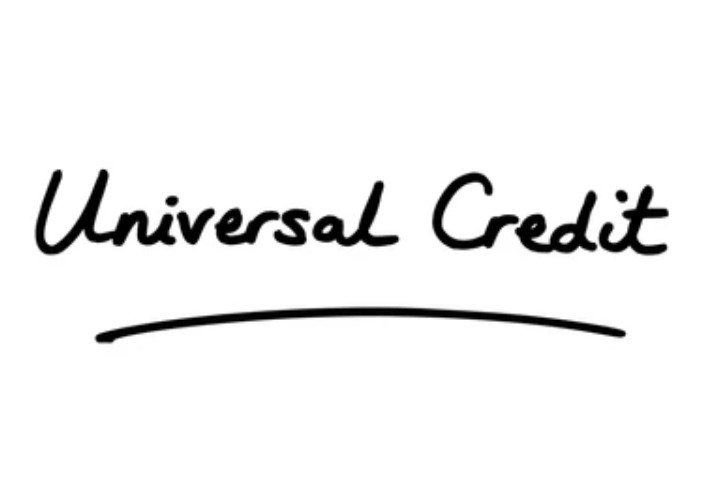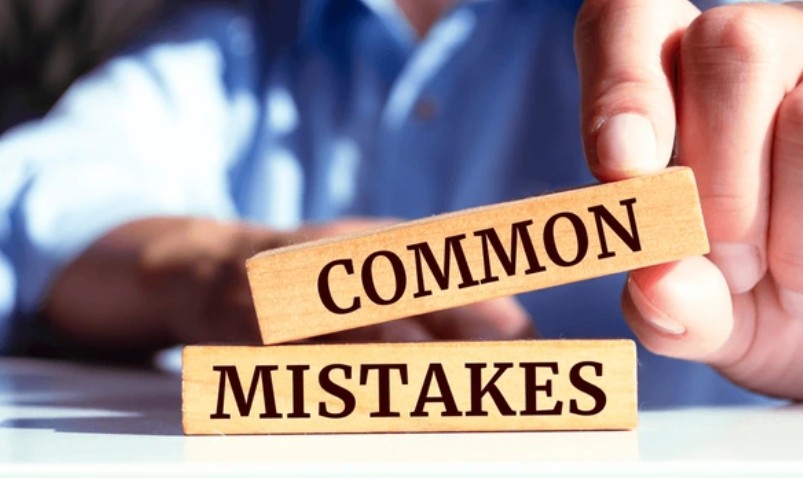When you’re expecting a baby, navigating the UK’s benefits system can feel overwhelming and confusing. One of the most commonly asked questions by parents-to-be is: Can you get Universal Credit and Maternity Allowance at the same time?
The quick answer is yes, but there’s a lot more to understand about how these two payments interact, how much you can actually receive, and what to watch out for to avoid common pitfalls.
In this detailed guide, we’ll answer all the key questions you’re likely asking, break down the system in plain English, and share real-life experiences to help you make informed decisions.
What Is Universal Credit and Who Can Claim It?
Universal Credit is a monthly payment provided by the UK government to support people with living costs. It’s specifically designed for those on low incomes, those out of work, or people unable to work due to health or caring responsibilities.
Key Points About Universal Credit:
- Universal Credit replaces older benefits like Housing Benefit, Income Support, and Working Tax Credit.
- It’s a single payment that can include additional elements for childcare, disabilities, and housing costs.
- Universal Credit is assessed and paid every month.
- It adjusts depending on your earnings and any additional income you receive.
You can claim Universal Credit if you:
- Are on a low income or out of work.
- Are over 18 and under State Pension age.
- Have £16,000 or less in savings.
- Live in the UK.
When you’re pregnant, Universal Credit can provide essential support, but it interacts closely with other maternity-related benefits, which leads us to the next question.
What Is Maternity Allowance and Who Can Claim It?

Maternity Allowance is a benefit aimed at those who don’t qualify for Statutory Maternity Pay (SMP). This often includes:
- Self-employed people.
- Those who have recently changed jobs.
- Workers on low earnings.
- People with irregular employment histories.
Key Features of Maternity Allowance:
- You can receive up to £184.03 per week (2024 rate).
- It is usually paid for up to 39 weeks.
- You can start receiving it from 11 weeks before your baby’s due date.
- It is typically paid every two or four weeks.
Maternity Allowance provides crucial financial support to pregnant people who might otherwise fall through the gaps of the UK’s employment-based benefits system.
However, it’s important to know that Maternity Allowance is treated as income when applying for Universal Credit, and this directly affects your entitlement.
Can You Get Universal Credit and Maternity Allowance at the Same Time?
Yes, you can claim both Universal Credit and Maternity Allowance at the same time, but the system does not allow you to receive the full amount from both benefits.
When you receive Maternity Allowance:
- Universal Credit payments are reduced pound for pound by the amount of Maternity Allowance you receive.
- This is because Maternity Allowance is considered “unearned income” under Universal Credit rules.
- The reduction is automatic, and the Department for Work and Pensions (DWP) adjusts your Universal Credit payment accordingly.
Example:
If your Universal Credit payment would normally be £900 per month, but you start receiving £600 per month in Maternity Allowance, your Universal Credit payment would likely reduce to £300.
It’s crucial to understand that although you are allowed to claim both, they will not stack up as two full benefits. Instead, Universal Credit will act as a top-up if your income from Maternity Allowance is lower than your Universal Credit entitlement.
Why Does Universal Credit Get Reduced When You Claim Maternity Allowance?
The UK benefits system is designed to ensure that people have a minimum level of financial support, but it also takes other sources of income into account.

Reasons for the Reduction:
- Income Top-Up Model:
Universal Credit is not an additional bonus — it’s a benefit that tops up your income to a certain threshold. If you are receiving Maternity Allowance, the system sees you as already having part of your required income. - Avoiding Overpayments:
The DWP reduces Universal Credit to prevent overpayments and to ensure that no one receives double support for the same financial need. - Balancing the System:
Maternity Allowance is specifically for maternity leave support, while Universal Credit is a broader support system. The interaction between them is a balancing act to keep your total benefit in line with your needs.
How Are Payments Calculated When You Claim Both?
How Universal Credit Assesses Maternity Allowance:
- Maternity Allowance is reported as unearned income on your Universal Credit account.
- Universal Credit is paid monthly based on a set assessment period (typically 30 days).
- Maternity Allowance is often paid every two or four weeks, which can create payment fluctuations within the Universal Credit system.
Why Your Universal Credit May Vary:
Because Maternity Allowance payments don’t always align perfectly with Universal Credit assessment periods, you may notice that your Universal Credit payments fluctuate from month to month.
It’s essential to regularly update your Universal Credit journal to avoid incorrect calculations, overpayments, or missed entitlements.
What Other Support Can You Still Get While Receiving Both?
Even if your Universal Credit payment is reduced because you are receiving Maternity Allowance, you may still qualify for other Universal Credit elements.
These include:
- Housing Element: Helps cover your rent.
- Child Element: Additional support after your baby is born.
- Childcare Element: Can cover up to 85% of childcare costs when you return to work.
- Support for Disabled Children: If your child has a disability, you may qualify for further support.
It’s important to continue reporting all changes to your circumstances, as your Universal Credit can adjust over time to ensure you are still receiving the help you are entitled to.
What Are the Most Common Mistakes People Make When Claiming Both?

When juggling Maternity Allowance and Universal Credit, it’s easy to run into administrative problems if you don’t know the rules.
Key Mistakes to Avoid:
- Failing to Report Maternity Allowance Promptly:
If you delay updating your Universal Credit account when you start receiving Maternity Allowance, you risk being overpaid and later asked to repay the difference. - Misunderstanding Payment Cycles:
Because Universal Credit is monthly and Maternity Allowance is usually paid every two or four weeks, the payments can appear irregular. Some people assume their Universal Credit is miscalculated when in fact, it is simply the timing of the payments. - Assuming You Are No Longer Entitled to Universal Credit:
Even though your Universal Credit reduces, it often won’t stop completely. Some people mistakenly close their claims, missing out on housing and childcare elements. - Not Asking for Advice:
Many claimants do not make use of their Universal Credit work coach or local advice services, who can often help avoid overpayments, missed entitlements, or payment errors.
Real Story: Sophie’s Journey Through the System
Sophie, a freelance graphic designer from Bristol, found out she was pregnant while working self-employed. She knew she wouldn’t qualify for Statutory Maternity Pay and applied for Maternity Allowance instead.
She was already on Universal Credit to help cover her living costs and rent. When her Maternity Allowance payments started, her Universal Credit payment dropped significantly. At first, Sophie panicked, thinking something had gone wrong.
After speaking to her work coach, she realised that her Maternity Allowance was classed as income, and that Universal Credit would now just top up anything missing from her overall entitlement.
Sophie also discovered that she would continue to receive the housing element of Universal Credit and, after her baby was born, would qualify for the child element.
Her advice?
“Don’t give up when the system gets confusing. The payments drop but they don’t disappear. And always ask questions — my work coach was a massive help in explaining it all.”
What Should You Do If You’re Confused About Your Payments?
If you’re unsure whether your payments are correct or whether you’re entitled to more support, here’s what you should do:
- Speak to Your Work Coach: They can walk you through your assessment periods and explain your payment changes.
- Contact Citizens Advice: They offer free, confidential advice on benefits and can help you challenge incorrect decisions.
- Double-Check Payment Dates: Make sure you understand when your Maternity Allowance is paid and how it falls within your Universal Credit assessment window.
The UK benefits system is complicated, but it is there to support you, and some people can help you understand it.
Final Thoughts: Should You Still Apply for Both?
Yes, you absolutely should apply for both Universal Credit and Maternity Allowance if you are eligible. Although your Universal Credit will reduce, it can still offer vital support, particularly for housing, childcare, and additional child-related costs.
Understanding the rules and reporting changes promptly is key to making sure you receive the right amount and avoid surprises.
Every family’s situation is different, but you should never leave money on the table just because the system seems complicated.






